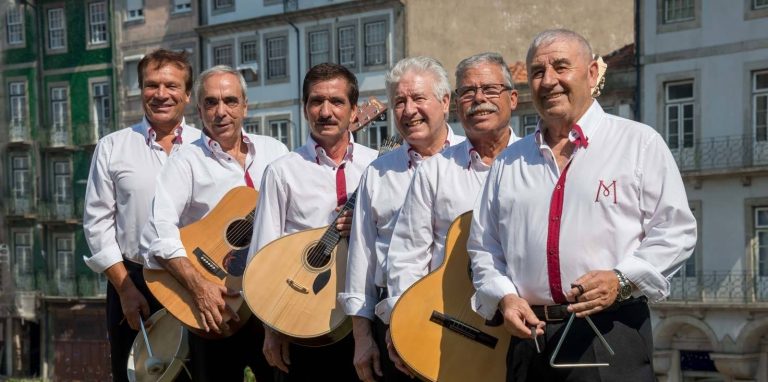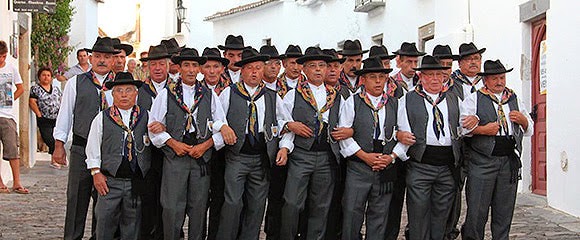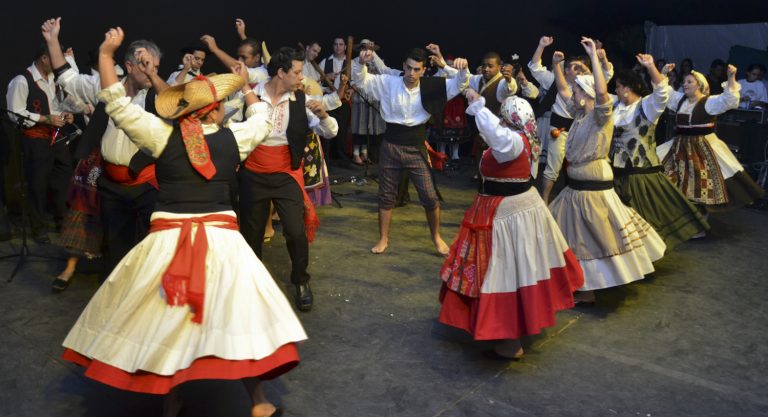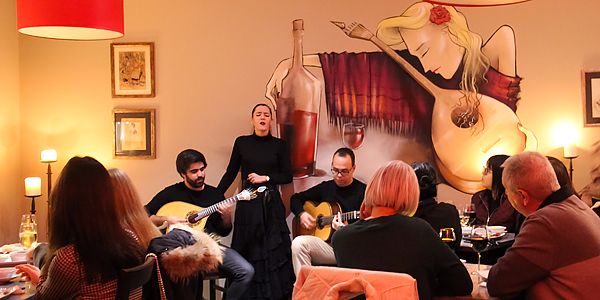The History of Portuguese Music: A Journey Through the Centuries

Portuguese music is a reflection of the country’s rich history and culture, with influences dating back centuries. From medieval sacred music to Fado, and from Rock to Pop, Portuguese music has an impressive diversity. Middle Ages and Renaissance (12th-16th centuries)…













